The West African Standard (WAS) compaction test is a type of compaction procedure that utilises intermediate compaction energy (compactive effort) for densification of soils. It has been recommended for densification of soils for highway construction in Nigeria and some other West African Countries. The compaction energy of WAS lies between the compaction energy of BS Light (Standard Proctor) and BS Heavy (Modified Proctor).
The details of the West African Standard compaction test using BS Mould are as follows;
Volume of mould = 1000 cm3 = 0.001 m3
Number of blows = 10
Number of soil layers = 5
Weight of rammer = 4.5 kg
Height of fall = 0.4575 m
Therefore, the compaction energy (compactive effort) of WAS using BS Mould is given as follows;
Compactive effort = (9.81 x 10 x 5 x 4.5 x 0.4575)/0.001 = 1009816.875 N.m/m3 = 1009.816 kN.m/m3.
The details of the West African Standard compaction test using the CBR Mould are as follows;
Volume of mould = 2305 cm3 = 0.002305 m3
Number of blows = 25
Number of soil layers = 5
Weight of rammer = 4.5 kg
Height of fall = 0.4575 m
Compactive effort using CBR mould = (9.81 x 25 x 5 x 4.5 x 0.4575)/0.002305 = 1094.527 kN.m/m3.
It can be observed that WAS compaction test an intermediate compaction energy when compared with BS Light (605.49 kN.m/m3) and BS Heavy (2726.5 kN.m/m3).
Applications of WAS compaction in Nigeria
(1) Laboratory compaction of sub-base course according to Federal Ministry of Works Specification (1997)
(2) Soaked CBR test of base course (clause 6200)
(3) Soaked CBR test of sub-base course Type 2 (clause 6200)

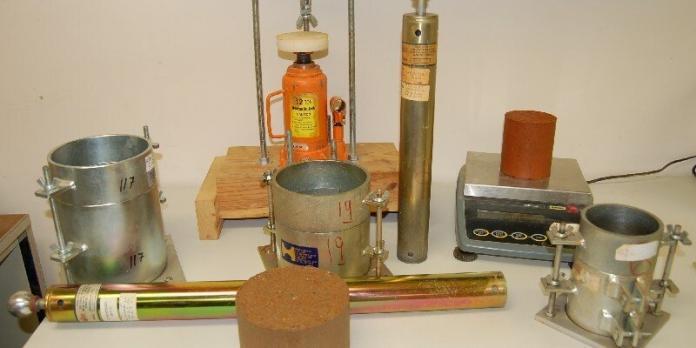


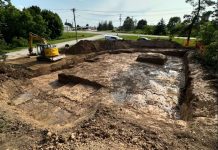

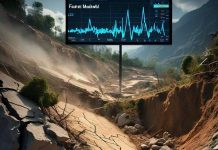

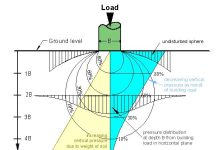
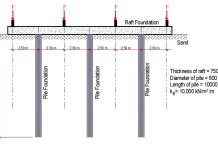
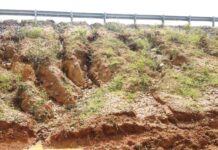
Always on point my mentor..
Still hoping to meet you in lagos someday